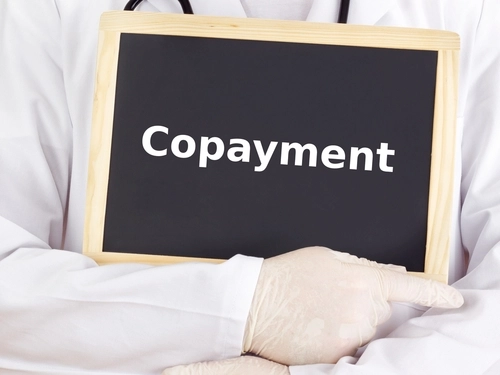Your Practice Bears Cost of Interpreter

Question: A deaf patient recently selected our practice for his care. The patient normally comes to the office with his adult son, who translates. But when the patient had to come to our practice for a walk-in visit without his son, our office manager said that by law we need to provide an interpreter to the patient – and that our practice must pay for those services. Is this true, and if so, is there any way for us to recoup what we will have to spend on interpreters?
New York Subscriber
Answer: When a patient is unable to communicate with your providers because of a disability, such as hearing loss, or because she doesn’t speak English, your practice must provide an interpreter when no other communication methods are available. Physicians are required to comply with the Americans with Disabilities Act of 1990 and all other applicable federal and state laws that prohibit discrimination in the delivery of services on the basis of race, color, national origin, age, sex, handicap/disability, or religious beliefs.
These laws require that your practice provide equal care to all patients regardless of whether or not they can communicate with their healthcare provider. Even though you are required to provide interpreter services, many payers (including Medicare) do not separately reimburse interpretive services. Those who do may accept T1013 (Sign language or oral interpretive services, per 15 minutes), but the majority of payers designate T1013 for use only by contracted non-medical vendors.
For example, NY State Medicaid has allowed reimbursement using T1013 for interpretive services since 2012, paying $11 for each unit of the code. You should check your payers’ policies to verify in writing how you should bill for an interpreter’s services before coding.
Remember: Even though you may not be able to bill the insurance company, you cannot pass your practice’s costs for providing an interpreter on to the patient.
If, however, your provider spends extra time with a patient because the interpretive services extend the visit, you may be able to seek reimbursement for that extra time using a prolonged service code if the time thresholds for billing both E/M services and the prolonged services code have been met. Documentation must also establish the medical necessity for the service.
The Vermont Medical Society offers this tip on an FAQ on its Web site: “The only way to account for this extra time is to submit one of the prolonged services codes (99354-99355), which requires that the face-to-face time spent with the patient extend at least 30 minutes beyond the typical time associated with the appropriate CPT® services.” The physician needs to be certain that the time is appropriately documented, meaning 30 minutes beyond the estimated time for the visit. For instance, 99214 would require 25 minutes and then the documentation must support an additional 30 minutes for the 99354.
Keep in mind that Medicare does not reimburse practices for interpreter services—your practice must absorb the cost if the patient is on Medicare.




